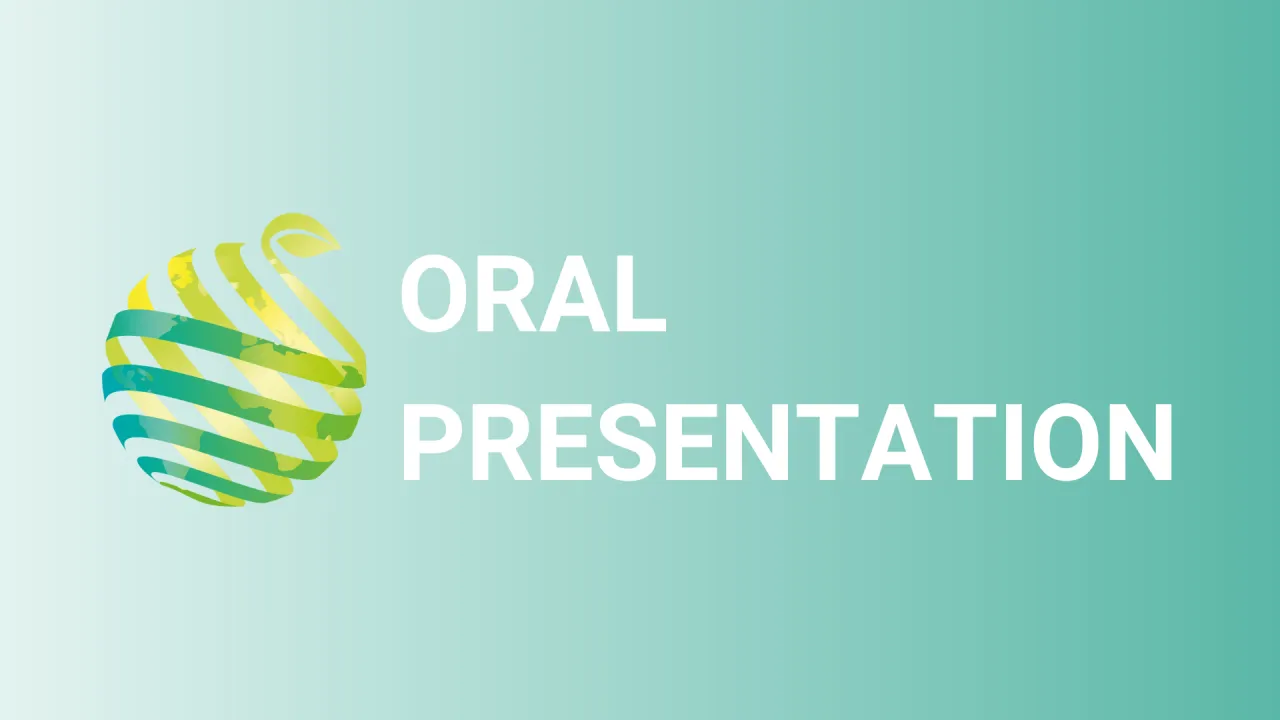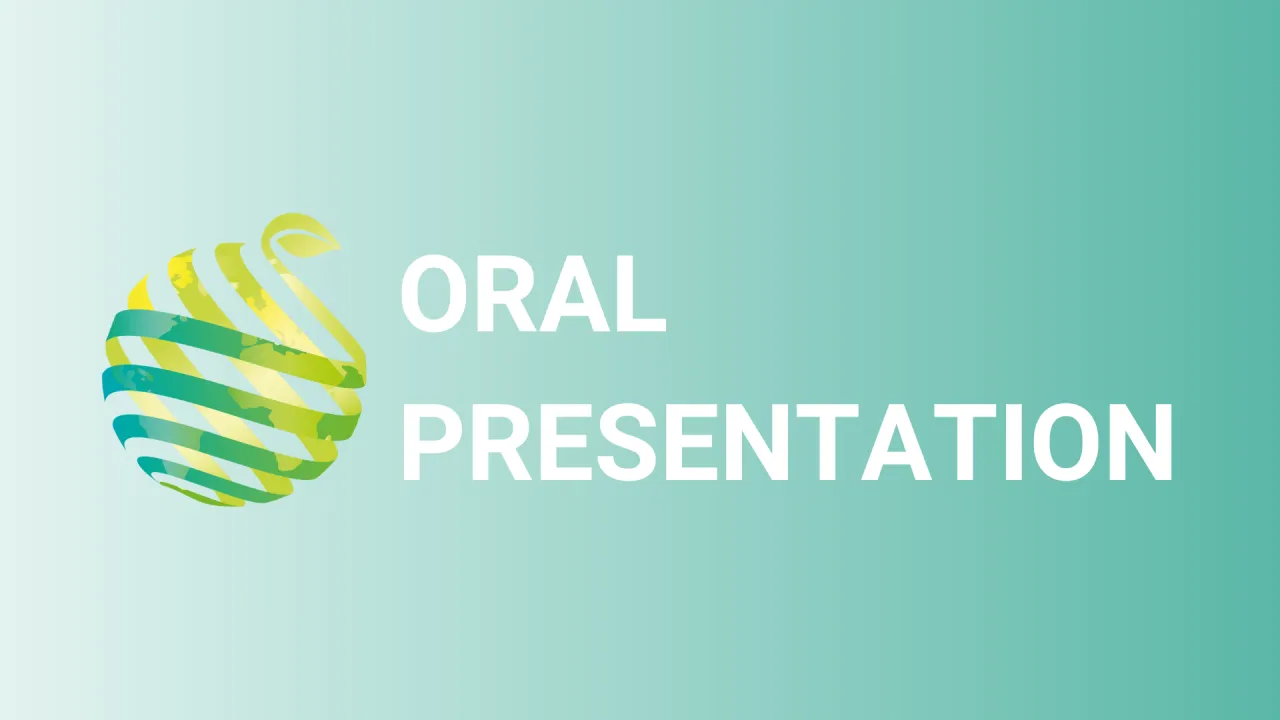

S23 - Session O7 - Scaling the University of California at Davis' DryCard
Information
Authors: Archie Jarman *, Elizabeth Mitcham, Erin McGuire
Ineffective drying or improper storage of dried commodities drives much of global food loss and allows for the proliferation of mycotoxins such as aflatoxin, which can negatively impact physical and cognitive growth, immune function, and other health outcomes. To mitigate the risk of fungal growth, it is critical that commodities are thoroughly dried and hermetically stored to avoid rehydration. However, knowing when products are sufficiently dry is often difficult or expensive. In the absence of a reliable and affordable indicator, smallholder farmers and traders may determine dryness by biting, touching, or looking at the products. The DryCard is a low-cost and easy-to-use technology invented by Horticulture Innovation Lab at UC Davis researchers that provides users an accessible way to determine whether their products are dry enough to prevent mold growth and aflatoxin contamination after harvest. The DryCard costs approximately USD$1.50, does not require electricity, is inherently calibrated, easily understandable, and can be reused many times and with any dried product. DryCard's cobalt chloride strip and calibrated color chart allows users to measure the relative humidity (RH) of the air surrounding the product, which is in equilibrium with the product RH in an enclosed environment. For all dried products, fungal growth ceases when the RH of air in equilibrium with a product is below 65%, or when the cobalt chloride strip is "not pink." The DryCard has been proven effective and positively received by government officials, researchers, NGOs and farmers from over 30 countries. In roughly three years of implementation, tens of thousands of DryCards have been distributed or sold at a profit by in-country entrepreneurial partners in 12 countries. The strategy of equipping in-country entrepreneurs with a profitable business selling the DryCard has had a range of effectiveness providing a road map for refining a scaling methodology with considerable potential.